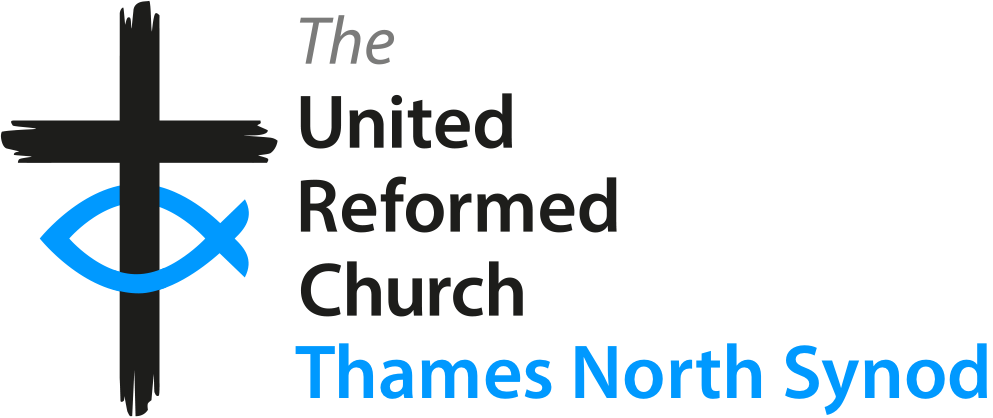Safeguarding
-
How we protect and support children, young people, and vulnerable adults across our churches.
-
Reporting a Safeguarding Concern
If you’re worried about someone’s safety, find out how to report your concerns clearly and confidentially.
-
Safeguarding Training & Events
Stay up to date with training opportunities to help you and your church create a safer environment.
-
Learn to recognise the signs of specific safeguarding issues, including different types of abuse, exploitation, and vulnerability.
-
Understanding the signs of domestic abuse and how to respond.
-
Information on how to recognise and report grooming and exploitation.
-
Guidance on identifying and dealing with issues of financial abuse.
-
Advice to follow in the event of honour-based abuse or forced marriage.
-
Managing Risks & Safeguarding Agreements
The formal process for managing individuals who may pose a risk to others within the church community.
-
Coping with the experience of losing someone important to us.
-
Financial Hardship & Homelessness
Understanding vulnerability and finding sources of help.
-
IICSA (Independent Inquiry into Child Sexual Abuse)
The findings from the Independent Inquiry into Child Sexual Abuse.
-
-
Safeguarding Policies & Guidance
Essential policies and best practice guidance for keeping people safe in our churches.
-
The official Safeguarding Policy for Children and Adults for the Thames North Synod.
-
Guidance on the safeguarding responsibilities and duties of Elders as charity trustees.
-
Safer Recruitment and Volunteers
The principles and procedures for ensuring only suitable people work with children and adults at risk.
-
Best practices for safe online communication and ministry.
-
Activities in Private Dwellings
Guidance on assessing and managing the unique risks of holding church activities in private homes.
-
-
Safeguarding Resources & Forms
Download essential safeguarding forms, templates and printable materials for use in your church.
-
Get in touch with our Safeguarding Officers for confidential advice, support, or reporting.
-
Safeguarding Policies & Guidance
Essential policies and best practice guidance for keeping people safe in our churches.
This section provides the detailed policies and core guidance that form the foundation of our commitment to safeguarding. Please select a topic below to read the full text.
Core Safeguarding Policy
The official Safeguarding Policy for Children and Adults for the Thames North Synod.
Guidance for Elders
Guidance on the safeguarding responsibilities and duties of Elders as charity trustees.
Safer Recruitment and Volunteers
The principles and procedures for ensuring only suitable people work with children and adults at risk.
Online Safety Guidance
Best practices for safe online communication and ministry.
Activities in Private Dwellings
Guidance on assessing and managing the unique risks of holding church activities in private homes.
All downloadable templates, forms, and posters mentioned in these policies are available on our Safeguarding Resources & Forms page.
Additional National Resources
For a comprehensive library of all national URC safeguarding resources, please visit the main URC Safeguarding Good Practice page.
